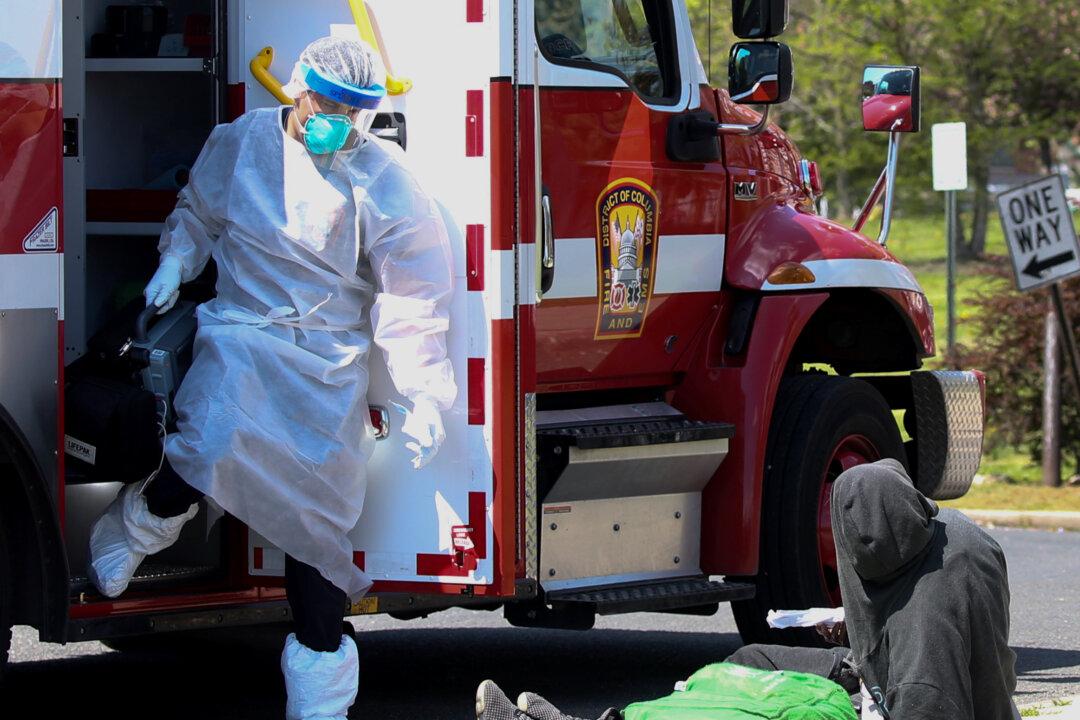A bipartisan group of senators has created legislation to ensure families of front-line officers lost to COVID-19 can quickly get survivor benefits.
The Safeguarding America’s First Responders Act (SAFR) was introduced by Sen. Ted Cruz (R-Texas), Sens. Chuck Grassley (R-Iowa) and Cory Booker (D-N.J.), which clarifies the requirements for receiving survivor benefits under the Public Safety Officers Benefits Program (PSOB).





